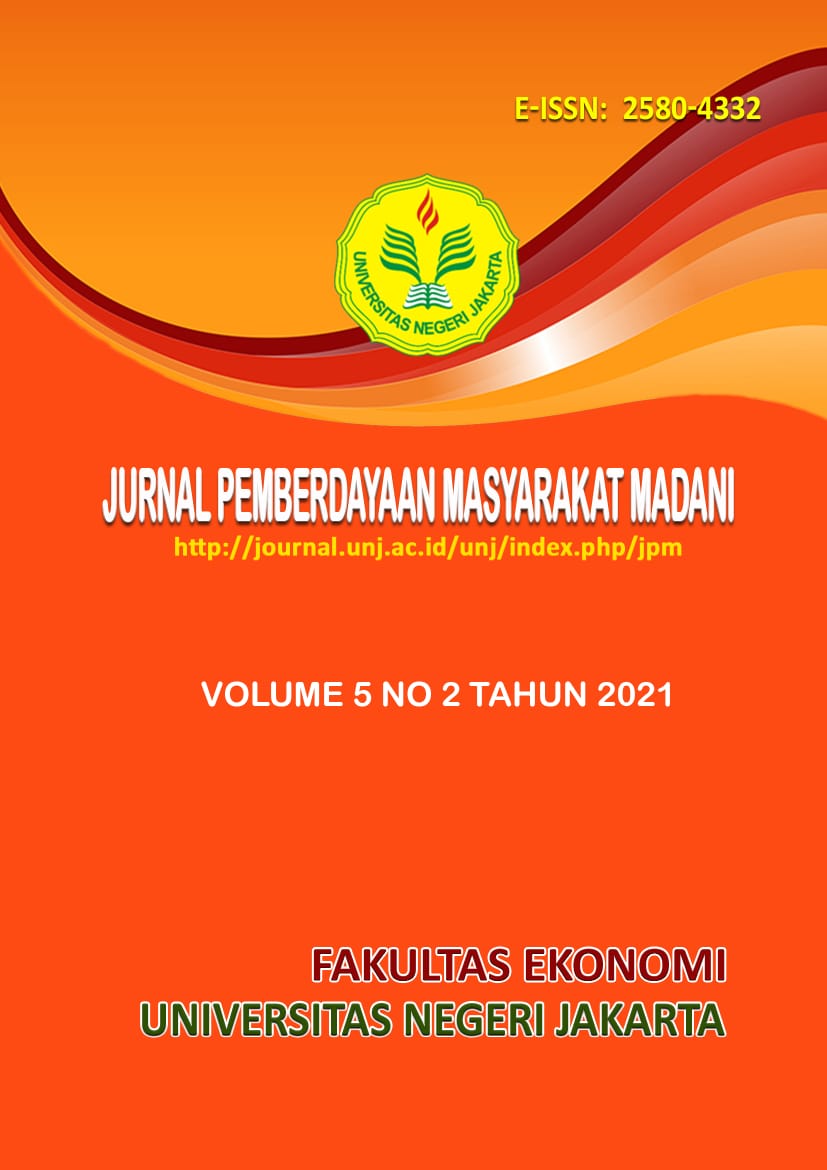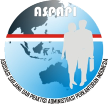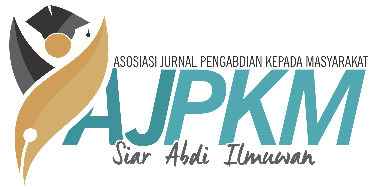PKW Program 2018-2020: The Transformation of Mutiara Waste Bank Jakamulya Village Bekasi to Implement 3R-based Technology
DOI:
https://doi.org/10.21009/JPMM.005.2.04Keywords:
waste bank, environmental management, waste managementAbstract
The impact of not optimal waste management in Jakamulya Urban Village, Bekasi City, which is always flooded by garbage and Situ Wo which cannot hold water. Efforts to manage waste from its source have been made with waste banks but have not been optimal. The objective of the Regional Partnership Program (PKW) with Bekasi City is to increase community participation in waste management with the 3R concept (reuse, recycle, reduce).
Based on the results of implementing the PKW program, it can be concluded that the operation of the Mutiara Waste Bank in Pondok Suryamandala, Jakamulya Village, Bekasi City based on TPS 3R is the key to handling community-based (communal) waste which is very effective for waste management that is directly the community as a plus manager (home industry owner). Without this communal system, it is impossible for waste to be handled completely or sustainably. Cultivating good waste disposal methods starting from the household environment to submitting waste to the Waste Bank is an effective method at the community level that will ultimately be independent of the community in managing their own waste. Organizing TPS 3R into a center for the maximum utilization of organic and inorganic waste is a communal-based waste management program that will definitely cut the chain of waste distribution from TPS 3R to landfills.
Downloads
Published
How to Cite
Issue
Section
License

This work is licensed under a Creative Commons Attribution-NonCommercial-ShareAlike 4.0 International License.
















